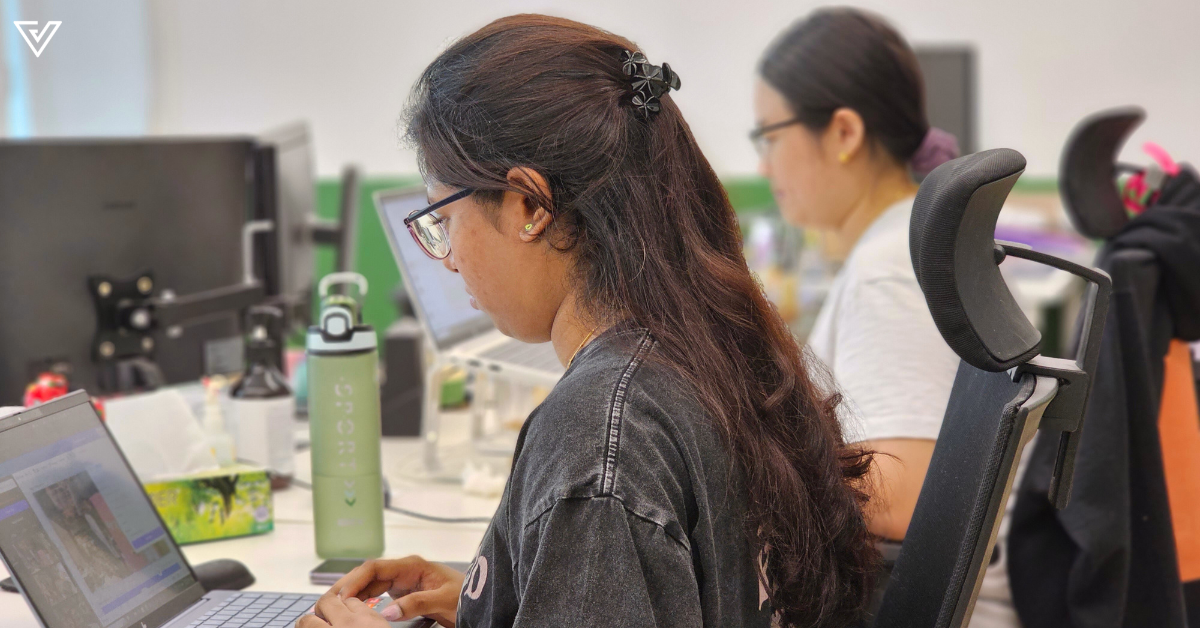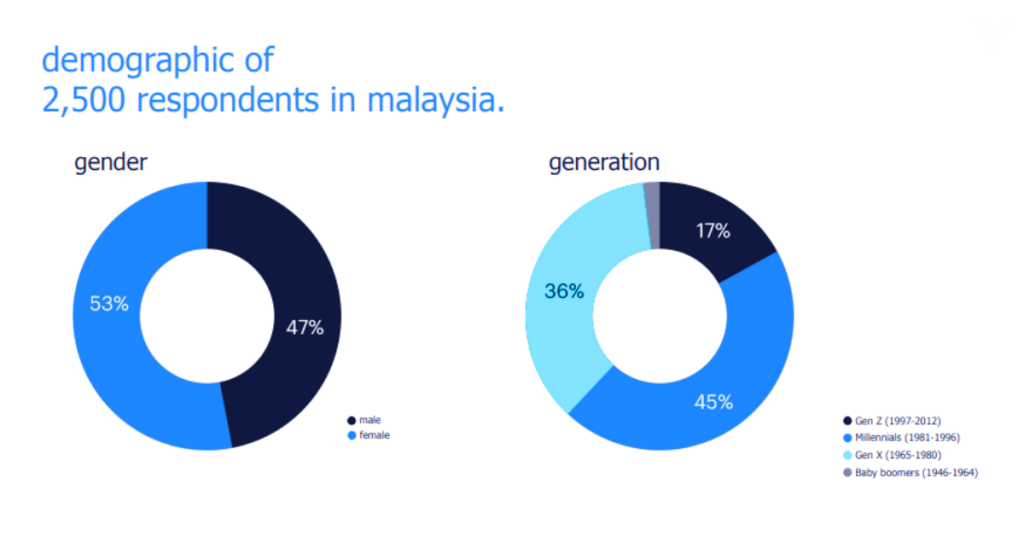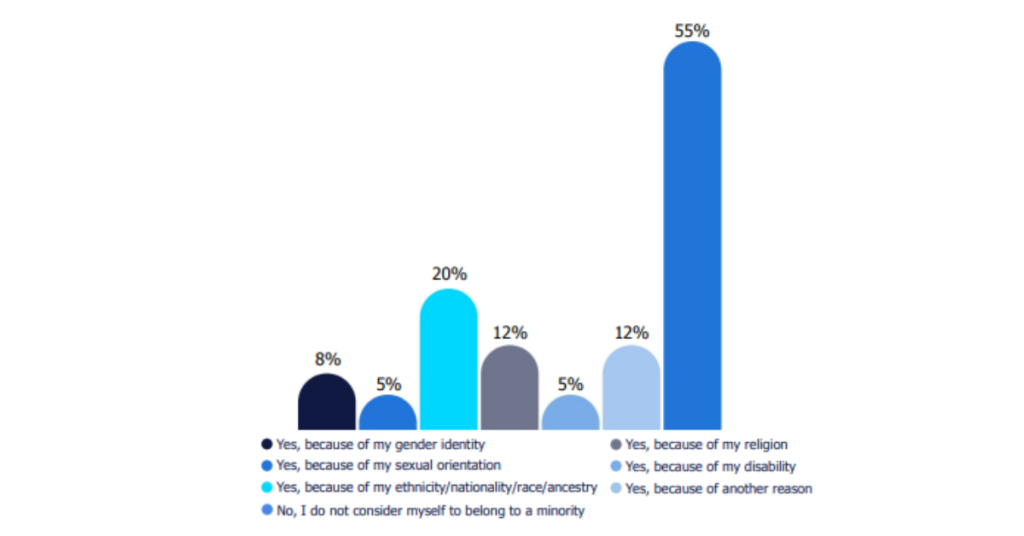45% of M’sians consider themselves a minority at work, with Gen Zers most likely to think so
45% of Malaysians identify as a minority at work, according to a survey report by Randstad. Here's why, and what that means.

45% of respondents in a recent Randstad survey consider themselves a minority at work in Malaysia because of various reasons such as ethnicity, nationality, religion, and disability.
That means nearly one in two Malaysian respondents believe they are a minority.
This statistic is reported in Randstad’s ninth annual Employer Brand Research in Malaysia. Conducted in January 2024 by Kantar TNS, the study surveyed over 173,000 respondents worldwide, which included 2,500 individuals in Malaysia.
According to a September 4 press release, this makes the report the world’s most comprehensive employer branding research based on general talent perceptions.
Randstad is a global talent company, armed with a vision to be the world’s most equitable and specialised talent company.
 Image Credit: Randstad
Image Credit: RandstadFahad Naeem, Country Director at Randstad Malaysia said, “Despite significant progress towards greater diversity, our research reveals a gap in true inclusivity in Malaysia’s working population.”
Fahad added that equity is a must-have in human resources strategies, especially when the objective is to attract and retain talent for their skills and experience.
“An equitable workforce pays for itself when everyone respects each other’s differences and finds ways to collaborate to achieve the same goal,” he said.
Gen Zers are more likely to feel like minorities
In the survey, 56% of Gen Zers and 47% of Millennials reported feeling like minorities in their workplaces.
Meanwhile, 41% of Gen Xers feel the same.
A significant factor contributing to these feelings is how their ethnicities, nationalities, and race are perceived by their colleagues and employers.
Specifically, 19% of Gen Zers cited their religious beliefs as a reason for feeling like minorities, while only 12% of Millennials and 9% of Gen Xers shared this concern.
Younger generations being more likely to identify as minorities could be attributed to higher modern societal awareness.
Gen Xers feel most overlooked by employers
While Gen Xers were less likely to feel like a minority compared to younger Gen Z and Millenial employees, one in five Gen Xers surveyed did not feel that the best opportunities go to the most deserving employees in their careers.
Gen Xers are also the least likely to think that their employers provide equal pay for equal work.
Two in three (66%) Baby Boomers said that their senior managers are fair when it comes to providing re-skilling and upskilling opportunities, as opposed to 52% of Gen Zers and Gen Xers.
Gender inequality continues to persist in male-dominated industries
On the national level, the differences between how the two different genders view their employers are marginal.
However, the research reveals wider gaps in the male-dominated industries, specifically the technology industry.
In the technology industry, 31% of women believe that they are not receiving equal pay for equal work, while only 18% of men share this view.
Additionally, in the technology sector, 23% of women do not believe that the best opportunities go to the most deserving employees in their organisation, while only 12% of men hold the same belief.
How does feeling like a minority affect a person in the workplace?
Of the respondents who identify as minorities at work, 60% of them reportedly faced career obstacles, 26% higher than those who do not identify as minorities.
 Image Credit: Randstad
Image Credit: RandstadThat means even though 44% of all respondents faced career growth obstacles, minorities are 26% more likely to have it worse.
Obstacles could include unclear promotion processes, unconscious bias, and limited access to mentorship or training.
Naeem shared, “To bridge this gap, employers can be more transparent about the metrics and methods they use to evaluate and assess their employees. Through open communication, employers will be able to have more constructive dialogues to improve their assessments.”
Addressing these challenges will unlock their diverse workforce’s full potential, leading to a more engaged, innovative, and talent-rich workplace.
Learn more about Randstad here. Read other articles we’ve written about jobs here.
 Hollif
Hollif 
































